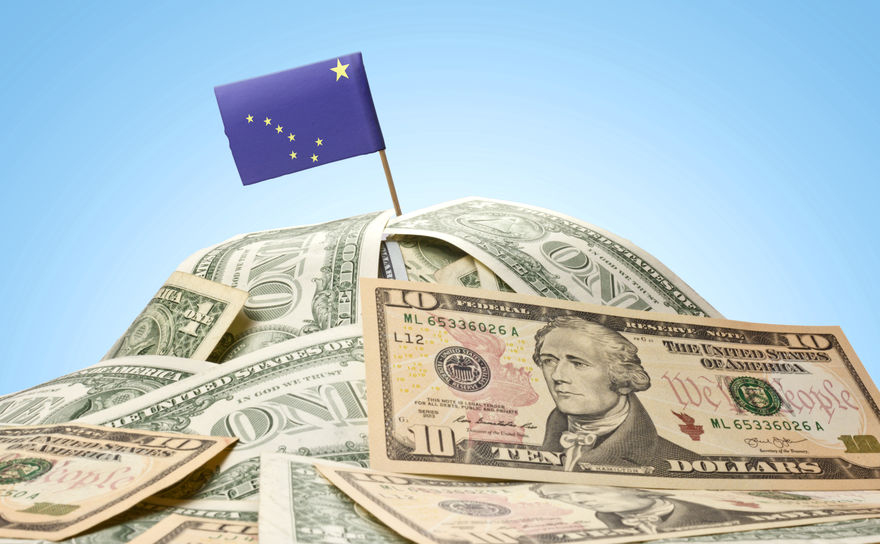The Alaska minimum wage will automatically increase from $11.73 to $11.91 on Jan. 1. That is the result of a decade-old ballot initiative that voters passed, tying the minimum wage to the Consumer Price Index for urban consumers in the Anchorage metropolitan area, as calculated for the prior year.
Due to this year’s Ballot Measure 1 passing, the minimum wage will go up again on July 1. It will be increased to $13, and a year later will be increased to $14. The final hike will be in 2027, when it will be $15 an hour and adjusted for inflation after that.
According to the Bureau of Labor Statistics, 3% of employed teenagers are paid minimum wage. Overall, there about 10,000 workers who are working at minimum wage in Alaska. But it will likely have the effect of driving up the costs of entry level jobs, which will then be eliminated and replaced by touchscreens and artificial intelligence, where usable.
Another result of the law will be the punch in the gut of small business owners: Businesses with fewer than 15 employees will be required to provide 40 hours of paid sick leave. Companies with more than 15 employees will have to provide 56 hours of paid sick leave.
That means a growing micro-sized mom-and-pop business will have to bake in an additional five days of pay for every employee, which will make it more difficult to compete with large business. Agriculture, fishing, and mining workers are exempt from Alaska’s minimum wage schedule. See who else is exempt from the Alaska minimum wage law at this Department of Labor link.
